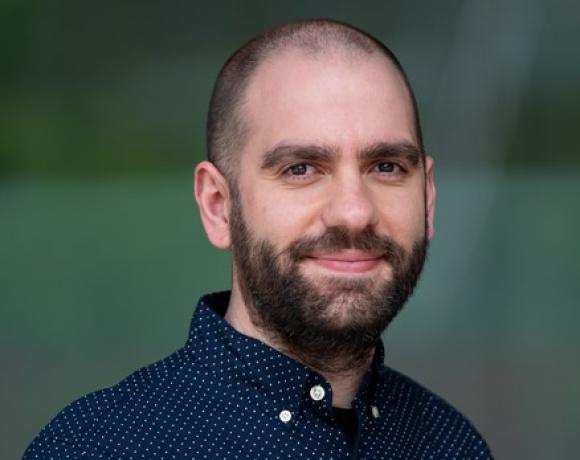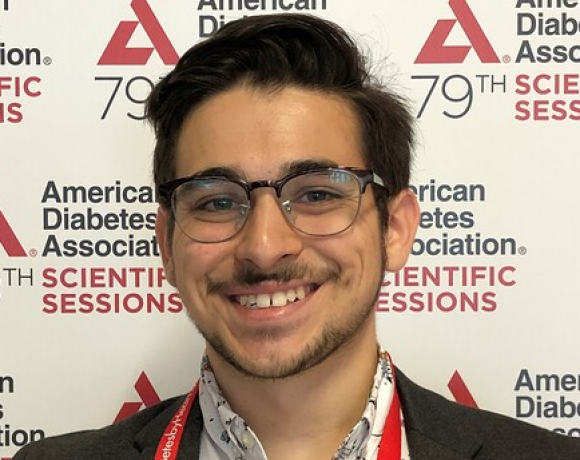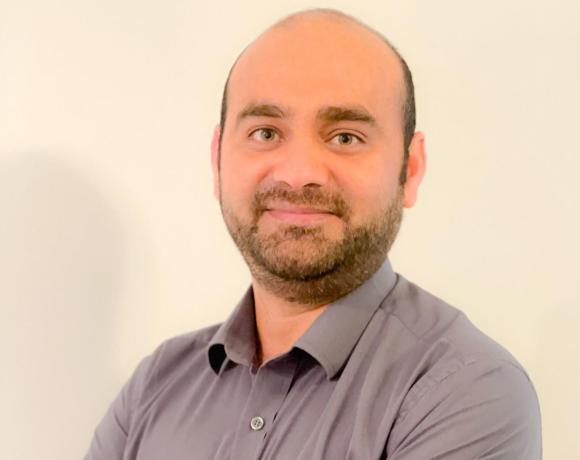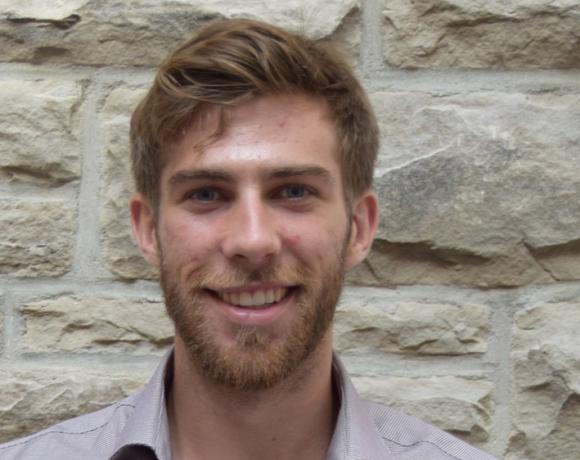Current laboratory interests and projects
Visit our Lab's Website for up to date information on our Projects and Team: www.venturutti-lab.com
Sponsors
Our research is generously supported by the Canadian Institutes of Health Research, the BC Cancer Foundation, BioTalent Canada, the Canada Foundation for Innovation, Michael Smith Health Research BC, the Canadian Cancer Society, the Leukemia & Lymphoma Society (US and Canada), the Lupus Research Alliance (US).
Diversity, Equity, & Inclusion
Our group is committed to DE&I and recognizes there is much work to be done within the scientific community. We celebrate all diversity and are committed to creating a safe, welcoming, and inclusive environment in our team for all people, no matter their race, color, religion, gender identity, sexual identity, national origin, ancestry, citizenship, age, or disability.




